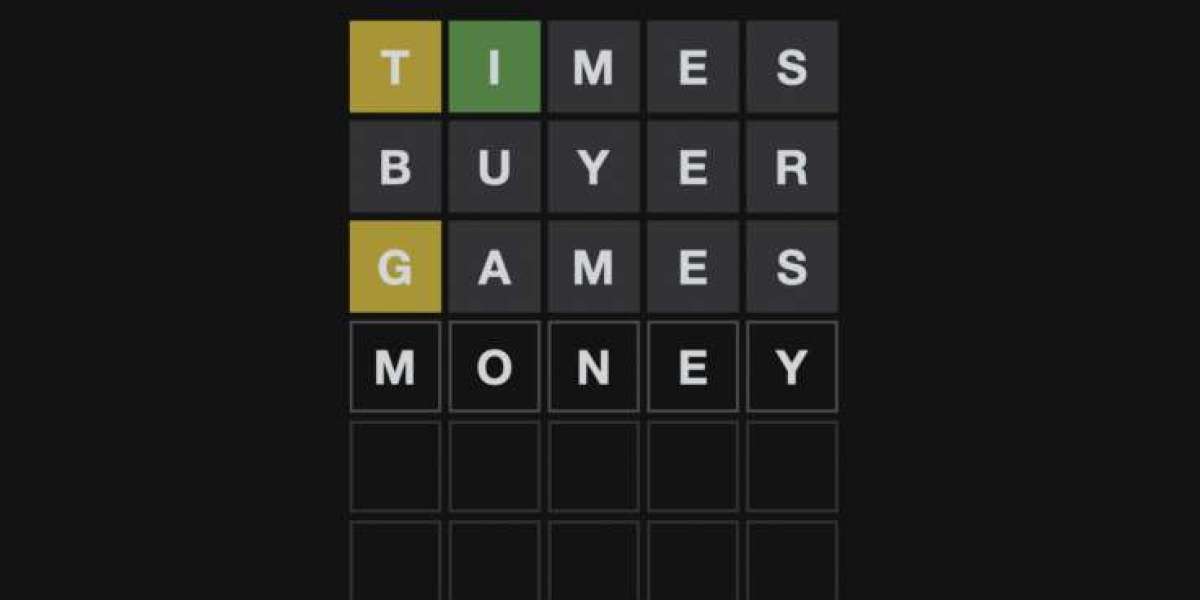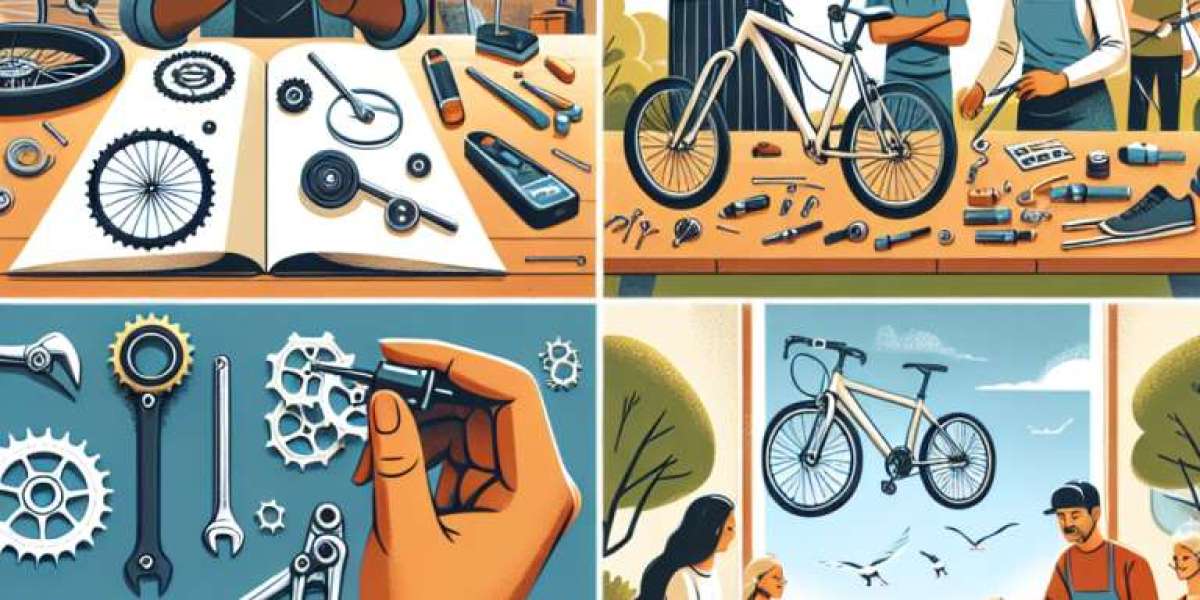Introduction
If you've scrolled through social media lately and seen rows of green, yellow, and grey tiles, you’ve met the quiet phenomenon known as Wordle. But there's a version tailored for those with a British twist on language—Wordle UK. As a game developer, I’ve always been fascinated by how minimal mechanics can create massive engagement. Wordle UK is a perfect example. It’s bite-sized, yet brilliant.
Whether you’re a casual player or someone who thrives on daily challenges, this version of Wordle adds a uniquely British flavor to an already elegant design. In this guide, I’ll walk you through the essentials: what Wordle UK is, how it works, why it’s addictive, and how to sharpen your strategy using both player instinct and design insight.
What is Wordle UK?
Wordle UK is essentially a regional spin on the global word game sensation. While the rules remain identical to the original, the twist lies in British spelling conventions and vocabulary. That may sound subtle, but as someone who’s built games where language plays a core role, I can tell you—it makes a difference.
For example, "organise" instead of "organize," "defence" instead of "defense." These tweaks challenge assumptions and add a refreshing layer for players used to American English.
From a design standpoint, it’s a great example of localized game content—offering a tailored experience while keeping the core mechanics intact. It's a low-cost modification with high user impact, and that's a game design win.
How To Play Wordle UK
The brilliance of Wordle UK is in its simplicity. There’s no tutorial, no clutter—just clean interface and instant gameplay. Here’s how it works:
Guess a five-letter word.
– Choose something vowel-rich and letter-balanced. “CRANE” is a developer-favourite opener because it hits several common letters and vowels right away.Check the colours:
Green = right letter, right place.
Yellow = right letter, wrong place.
Grey = letter not in the word.
Use feedback to refine your guesses.
– Logic, deduction, and a bit of intuition go a long way.Solve it within six tries.
– The limit isn’t arbitrary. As a developer, I admire how six guesses strike a sweet spot between challenge and achievability. It's just enough room to learn and adapt without feeling repetitive or overwhelming.
And, of course, there’s only one puzzle a day. That pacing? Pure design genius. It creates scarcity, boosts anticipation, and makes each session feel special. It's the same reason daily login mechanics work so well in many mobile games—but here, it's executed with class.
Why You Should Try Wordle UK Game
So, why dive into Wordle UK specifically? Beyond the obvious fun, here’s why it deserves a spot in your day:
Micro-engagement, macro-satisfaction. As a developer, I can tell you—creating a game you can complete in five minutes but think about all day? That's gold.
No ads, no pay-to-win. It’s refreshingly pure. The game respects your time, which ironically makes people come back more often.
Built-in social layer. The shareable result grid (no spoilers, just vibes) is a brilliant feature. It transforms a solo experience into a community moment—without a single comment thread.
UK spelling brings novelty. Even for players from the UK, seeing words like “plough” or “tyre” keeps things interesting. It’s not just a regional quirk—it’s a deliberate design decision that makes the game feel more culturally specific.
From a game design lens, it’s a masterclass in minimalism. Clean input, intuitive feedback, and a daily loop that fosters habit. Wordle UK shows how restraint, not complexity, often leads to longevity.
Strategies To Win Every Game Of Wordle UK
Let’s talk tactics. Whether you’re a new player or someone trying to boost your streak, these strategies—infused with a bit of dev insight—can help you approach each puzzle like a pro.
1. Start with high-frequency letters.
From a systems design view, it's always smart to test probable outcomes early. A good starter word targets popular letters (E, A, R, S, T) and spreads them across varied positions.
2. Adapt quickly.
The feedback loop is tight—don’t ignore it. If a letter turns grey, don’t reuse it out of habit. If it’s yellow, shuffle it around. The game rewards adaptive thinking, much like well-tuned puzzle mechanics should.
3. Think UK-centric.
Remember, “centre” is more likely than “center.” “Armour” could beat “armor.” It's a subtle mental shift, but one that dramatically improves your odds.
4. Keep guesses diverse.
If you’re stumped, try a word that uses letters you haven’t tested yet. Even if it doesn’t feel like a winning guess, it’s a data-gathering move—and in puzzle design, every clue counts.
5. Play patiently.
One of the best things you can do? Step away. No, really. Letting your subconscious work for a few minutes often sparks the right guess. Good design encourages that pause-and-return rhythm.
Interesting Facts About Wordle UK Game
Even simple games have rich stories. Here are a few nuggets I love about Wordle and its UK counterpart:
Wordle was created by a British developer, Josh Wardle, for his partner. It’s a rare origin story that reminds us—sometimes, the best games aren’t built for market, but for love.
The UK word list is curated separately. As a developer, I appreciate the effort in maintaining localized word banks. It’s tedious but crucial for authenticity.
It sparked countless spin-offs. From "Worldle" (guess the country) to "Dordle" (two puzzles at once), Wordle opened the floodgates for minimalist puzzle games again.
Players track their stats obsessively. Whether it’s a streak counter, average guess count, or win percentage, Wordle UK quietly turns casual players into data analysts. That’s what great feedback loops do.
FAQs
Is Wordle UK harder than the original?
It can be—especially if you're more familiar with American spellings. But if you’re from the UK or just love British English, you’ll find it delightfully fair.
Do I need a special app for Wordle UK?
Not necessarily. Several websites host UK-specific versions. Just make sure it’s one that emphasizes British vocabulary.
Can I make my own Wordle-style game?
Absolutely! In fact, it’s a fantastic entry-level project for game developers. All you need is a dictionary API, some basic frontend work, and a little creativity.
Will the game repeat words?
Rarely. The word bank is curated to avoid repetition for long stretches—but in theory, yes, words could return eventually.
Conclusion
As a game developer, I admire what Wordle UK represents: simplicity done right. It's a reminder that powerful games don’t always need flashy graphics or complex systems—they just need a clear idea, smart feedback, and a dash of daily curiosity.
Whether you're playing to keep your brain sharp, settle a friendly rivalry, or simply enjoy five minutes of mindful distraction, Wordle UK delivers. And as long as it stays true to its elegant core, it’ll remain one of the internet’s most quietly brilliant games. Ready to guess your next five-letter word? Trust me—it’s more than just a game. It’s a beautifully designed ritual.


